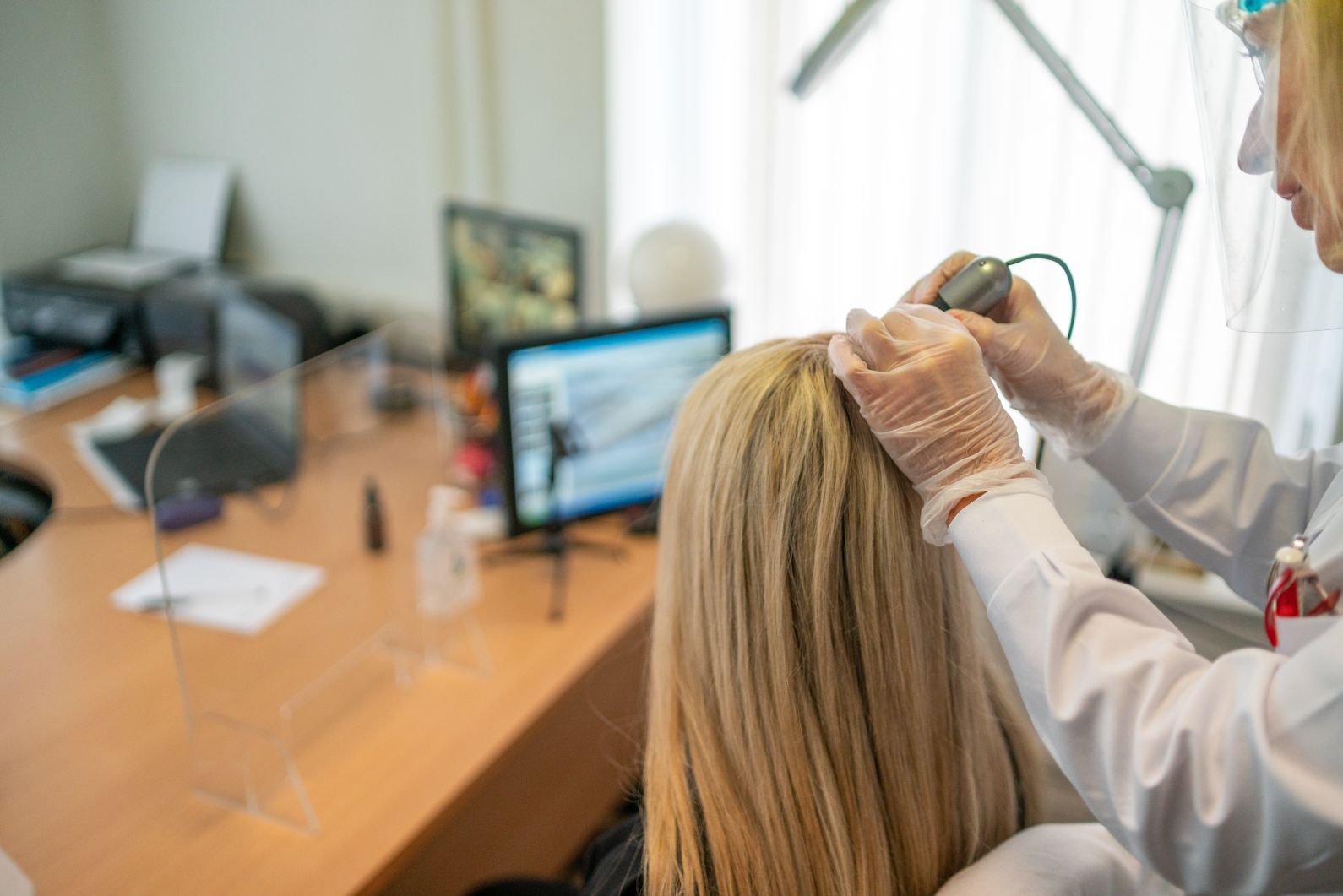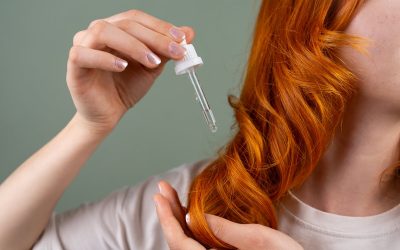Do a quick search online and you would come across hair regrowth supplements – tons of them. The selection is just as vast as the claims they make, from giving you thicker and fuller hair overnight to growing your hair longer and faster.
It can be difficult to ignore these products given the barrage of ads on various media, especially online platforms where celebrities and influencers are tapped to promote them. It is even highly probable that a person you know is using one of these supplements and raving about its effects.
All these ads and testimonials from friends, perhaps, made you wonder if taking supplements can promote hair growth. Can these products help you bring back your thick head of hair? Are they even safe at all? We’ve gathered information from experts to find out the truth about these supplements.
Do Supplements for Hair Growth Work?
The simple answer to this question is that it all depends on your hair loss condition and the product that you are using.
Hair thinning in women has different causes. While it is commonly due to a genetic condition called female pattern hair loss, it can also be brought about by a lack of nutrients. An example of this is ‘iron deficiency hair loss’.
Iron is a nutrient that plays an integral role in hair health. It is essential in the production of haemoglobin in the blood. Haemoglobin is a protein that helps red blood cells carry oxygen to the different parts of the body, including the hair follicles.
When you have low iron stores, what happens is that the body prioritises sending oxygen to parts which are vital for survival, and this does not include your hair. The thing is – your hair needs oxygen to grow and stay healthy. Hence, when you do not have enough iron in your body, you experience excessive hair shedding.
In cases like iron deficiency hair loss, taking iron supplements is the key to resolving the problem. Once your iron levels are restored to normal, the hair shedding should stop. You can also expect hair to grow back.
Simply put, taking supplements work if your hair loss or alopecia is due to nutritional deficiencies. But using these products when you have no deficiency can do more harm than good.
The quality of the product also matters. Many so-called supplements are being sold in the market, but not all these really work. Some of these products do not undergo rigorous testing unlike medications. Hence, their efficacy can be questionable.
See a Specialist Before Taking a Supplement for Hair Growth
It is important that you consult a trichologist or dermatologist first before you take supplements to treat your hair loss. Just because you are experiencing excessive hair fall, it does not mean that hair regrowth supplement is the answer.
The hair and scalp specialist needs to determine what is causing the alopecia before she can recommend a treatment. This may include tests to measure the levels of nutrients like iron in your blood.
Only after the cause is identified will the specialist recommend a hair loss treatment plan. This may include the use of supplements if the reason behind the hair loss is due to a nutritional deficiency. Sometimes, trichologists and dermatologists also recommend additional supplements or vitamins known to help keep the hair healthy.
After a few weeks of taking the supplements, the specialist is going to recheck your levels to determine if the treatment is working. It is important that you don’t skip the follow-up check-ups as these are crucial to the success of the hair loss treatment plan.
Seeing a trichologist or dermatologist is not just about getting properly diagnosed. It is also about knowing which supplements or hair loss products really work.
There are numerous hair regrowth supplements out there, and it can really be difficult to determine which one is effective and safe. Naturally, you do not want to take something that does not work or worse, one that can exacerbate your thinning hair.
When you see a hair and scalp specialist, you are going to be prescribed products that are really formulated for hair loss. Hence, you can be certain about their efficacy and safety.
In summary, taking hair growth supplements helps for cases wherein a nutritional deficiency is causing the hair loss. The only way to find out if taking supplements is the answer to your thinning hair is to consult a trichologist or dermatologist.
Is your hair getting sparser? Talk to our trichologist and find out if taking a supplement for hair growth is the best solution to your hair loss problem. Call us now on +353 (0)1 6793618 to schedule an appointment.



